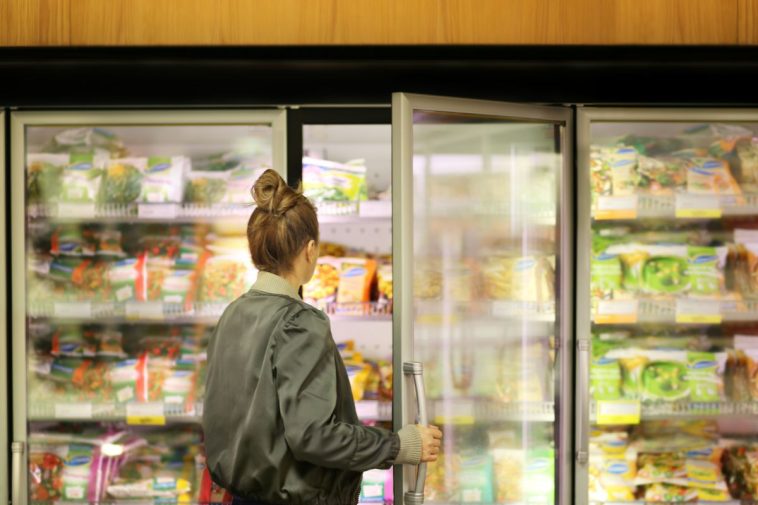Choosing the perfect commercial freezer is vital for the smooth operation of any food-related business. Ensuring that your products are stored at the right temperature keeps them fresh and safe for consumption.
Whether you are starting a new business or updating your kitchen equipment, making the right decision will save you money and hassle in the long run. Below, we will discuss the key factors to consider when selecting a commercial freezer for your enterprise.
Assessing Your Commercial Freezer Needs
Before diving into the specifics, it’s crucial to evaluate your business needs regarding storing perishables. Consider the types of food you’ll be freezing and the volume of storage you require. Your needs might range from bulk storage and maintaining large inventories to simply freezing specialty items for a small café.
Next, think about the frequency with which you’ll access the freezer. High-frequency usage will demand a robust unit with heavy-duty doors and reliable cooling mechanisms. For lower usage rates, a simpler model might suffice. Remember, the goal is to match your freezer to your operational tempo.
Consider also the layout of your kitchen or storage area. The location where the freezer will be placed must have adequate space for installation and sufficient airflow for efficient operation. The freezer shouldn’t obstruct flow in the workspace or clash with other equipment.
Space Optimization and Freezer Layout
The configuration of your kitchen plays a significant role in determining the size and type of freezer you select. It’s critical to accurately measure the area and consider the possibilities of modular units that can be tailored to fit your space. An overcrowded kitchen can hinder staff movement and reduce efficiency.
Upright freezers generally require less floor space, which is ideal for smaller kitchens, while chest freezers may provide more storage capacity per square foot. Each style has its merits, and your choice should be influenced by the physical constraints and workflow of your establishment.
A well-organized freezer can save time and reduce food wastage. Considering models with adjustable shelving and compartments can aid in keeping different food categories separate and accessible. An easily navigable layout makes inventory checks less of a chore and helps staff quickly locate items.
Understanding Commercial Freezer Types and Their Uses
A variety of freezer types exist, each with specific features that can benefit different types of food businesses. Reach-in freezers, walk-in freezers, and under-counter freezers are some of the most common options, and they cater to different volumes of storage and accessibility needs.
Reach-in freezers are the go-to for most restaurants due to their convenience and range of sizes. These units are perfect for keeping items close at hand for daily operations. Walk-in freezers, on the other hand, offer substantial storage space suitable for large operations and bulk storage.
Under-counter freezers are excellent for bars and smaller establishments where space is at a premium. These compact units tuck neatly under workstations, providing easy access without taking up valuable floor space. Glass door freezers, which allow visibility of the contents, can be used effectively in retail settings to display products.
Energy Efficiency and Cost Implications for Commercial Freezers
The long-term cost of operating a commercial freezer goes beyond the initial purchase price. Energy consumption is a substantial part of the ongoing expenses, making energy efficiency a key factor in selection. More efficient models may have a higher upfront cost but can lead to significant savings over time.
Assess the energy ratings and consumption statistics of different freezer models. Modern designs with better insulation and compressors use less energy while maintaining consistent temperatures. Such improvements not only lower electric bills but also reduce the environmental impact of your business.
Consider the potential costs of maintenance and repairs as well. Regular upkeep can extend the life of the equipment, but some models come with complicated systems that may require specialized service. A balance must be struck between features, energy efficiency, and the simplicity of maintenance.
Altogether, the key to choosing the right commercial freezer for your business is a careful analysis of your needs, space, financial budget, and the long-term value of the appliance. By taking these factors into account, you’re setting your business up with a reliable tool that keeps your products at their best and supports your operation’s success.








